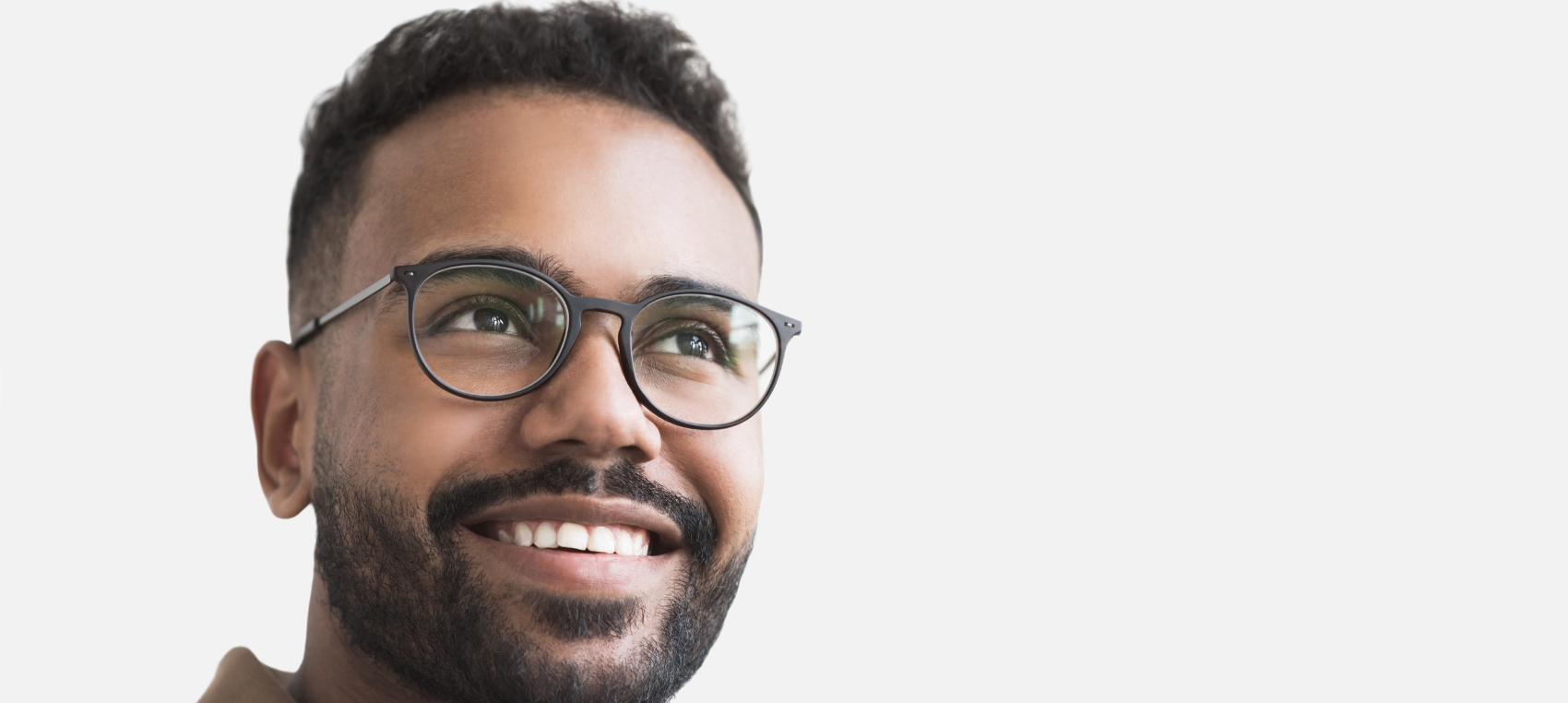Low vision is a visual impairment that is not fully correctable by standard glasses, contact lenses, medicine or surgery. It interferes with a person’s ability to perform everyday activities.
Good Shepherd Rehabilitation’s outpatient Low Vision Program specializes in aiding persons with limitations in their daily lives due to visual deficits.
Common conditions that would benefit from low vision therapy include, but are not limited to:
- Glaucoma
- Diabetic retinopathy
- Macular degeneration
- Retinitis pigmentosa
- Strabismus
- Refractive errors that cannot be further corrected
- Neurologic vision loss
Symptoms
Some common symptoms of low vision include:
- Trouble recognizing familiar faces
- Squinting or tilting head to focus on an object
- Difficulty distinguishing similar colors
- Holding paper very close to face to read
- Writing less clearly or difficulty staying on the line
- Consistent stumbling, falling or bumping into walls
- Knocking over or missing items when reaching for them
- Challenges with close-up tasks like dialing a phone, reading or sewing
- Reporting a decline in functional status due to vision deficits
- Stopping participation in meaningful activities that require normal vision
Treatment
Our Low Vision Program provides a comprehensive evaluation led by a licensed and specialized occupational therapist, which may also include an evaluation in your home.
Our clinicians take in-depth history of your functional challenges and what goals you want to achieve. We review your eye health history and assess visual skills, including:
- Range of motion and coordination of your eyes
- Contrast and lighting sensitivities
- Depth perception
- Peripheral visual skills
- Reading skills
- Hand-eye coordination
From there, we develop an individualized plan of care and collaborate with your optometrist to ensure all of your needs are met. If you do not have a low vision optometrist, Good Shepherd can refer you to one of our community partners. Additionally, we assist with referring you to any community resources, such as support groups.
Your individualized care plan includes recommendations for safety, improving independence with daily living, work and leisure tasks, as well as assistive technology recommendations and access.
To learn more about our Low Vision Program or to make an appointment, call 1.888.44.REHAB (73422) or contact us online.

